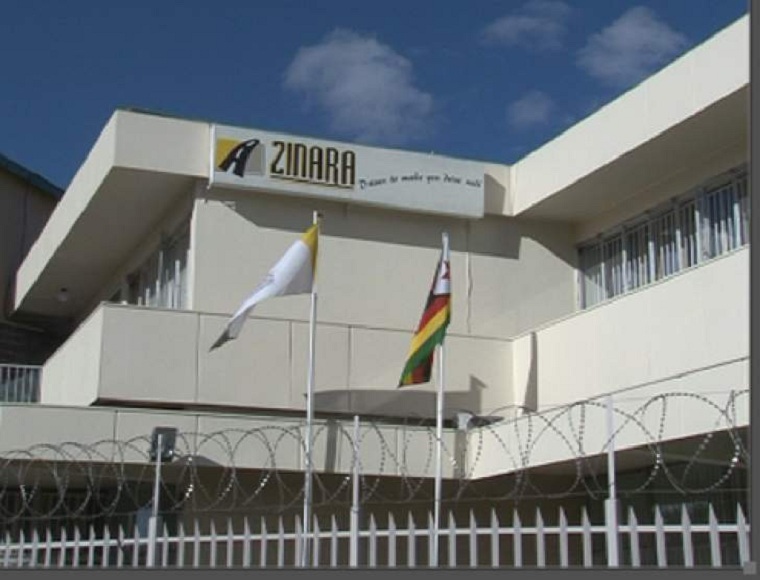34 The provisions of Section 10, 11, 12 and 13 of the Audit Office Act [Chapter 22:18] are unclear and leave Parliament in general and the Public Accounts Committee in particular, hanging at the discretion of the relevant Minister whose state enterprise or local authority has been subjected to an inquiry.
35 In the Committee’s view, the Audit Office Act needs to be harmonized with the Constitution. In particular the Audit Office Act must recognise the sacrosanctity of the oversight role of Parliament codified in Section 119.
36 The Committee proposes that the Audit Office Act should be amended to allow the following:
- The definition of special reports in the Audit Office Act [Chapter 22:18] must be expanded widely to cover any form of inquiry including, special or forensic audits and special investigations in terms of Section 40 of the Public Enterprises Corporate Governance Act [Chapter 10:31].
- That all public sector audits, including special audits (Central Government, State Owned Enterprises and local authorities), and all reports of special investigations conducted in terms of Section 40 of the Public Enterprises Corporate Governance Act [Chapter 10:31] must be forwarded to the Auditor General within 14 days of their completion;
- The Auditor General must in turn automatically submit to Parliament the concerned special report within 14 days of her receipt;
- The responsible Minister must table the concerned report before the National Assembly within the next 5 sitting days after the completion of the audit;
- Where the Minister fails to table the report as defined above, the Speaker of the National Assembly shall lay before the House the report on the first sitting of Parliament after the lapsing of the 5 sitting days above.
- Therein after, the relevant Committee must examine the report or the National Assembly itself must debate the report within 21 sitting days of its tabling.
- Civil and criminal penalties must visit any officer who fails to submit or lay any Report as described in the Act.
37 The Standing Orders need amendment so that they make it clear that there is no privilege for those that are appearing before a Parliamentary Committee to give evidence.
38 The Committee acknowledges the setting up of the Central Internal Audit Unit whose function among other things is to receive all internal audit reports. The reports should be transmitted to the Auditor General and to Parliament, consistent with regional best practices.
(286 VIEWS)


